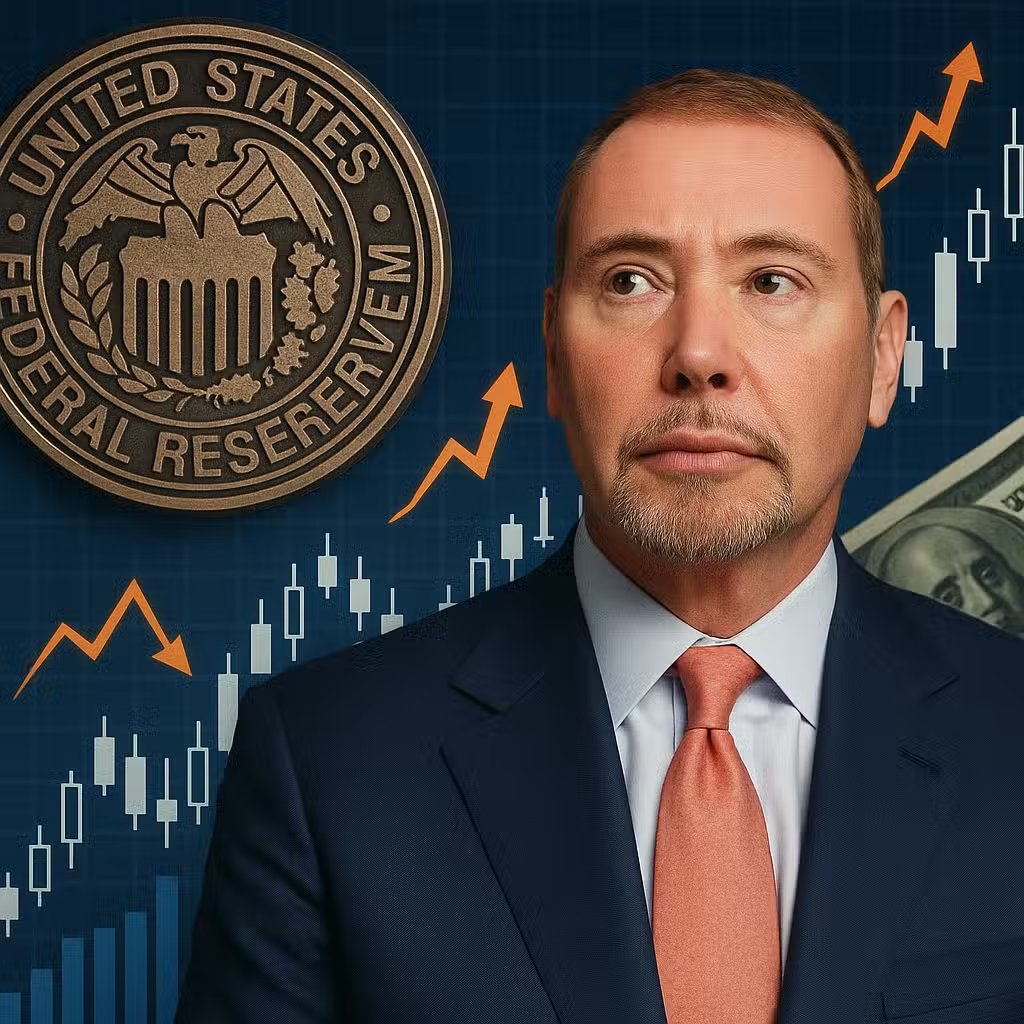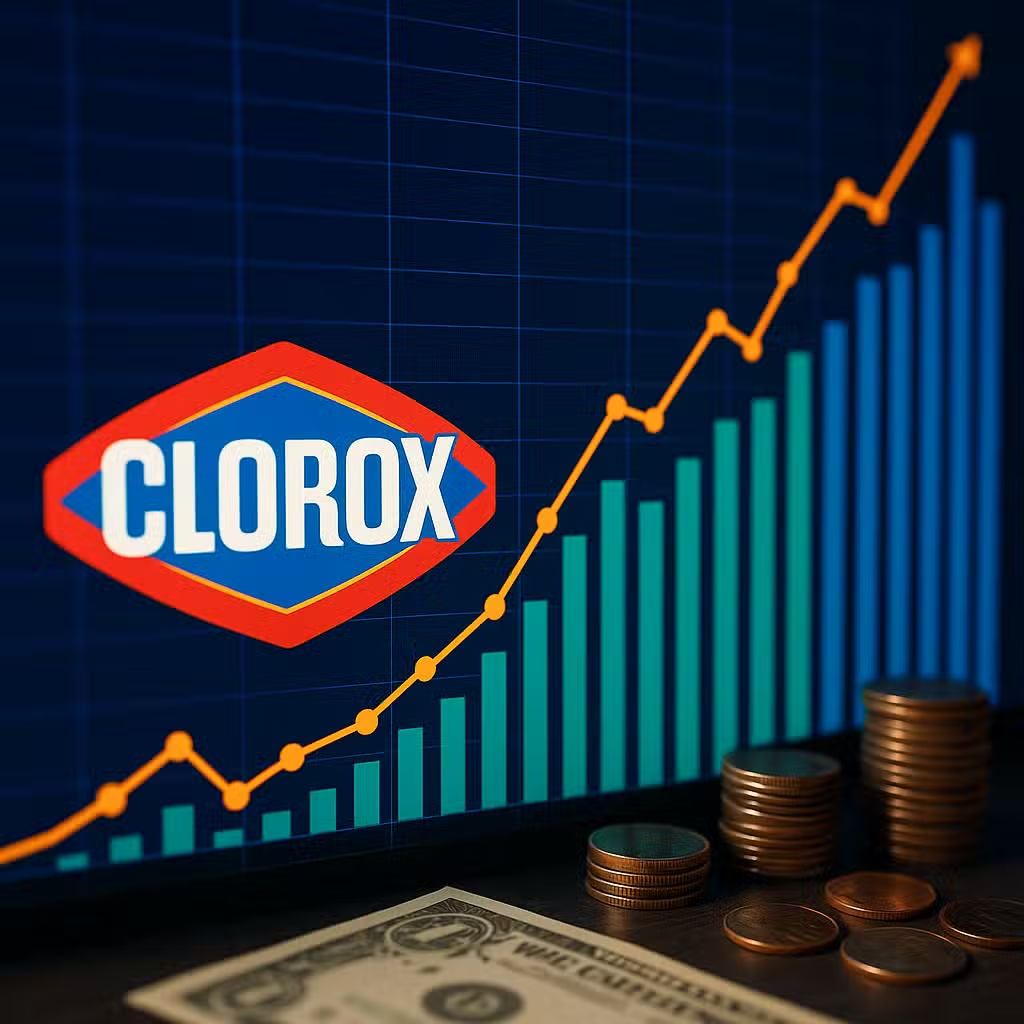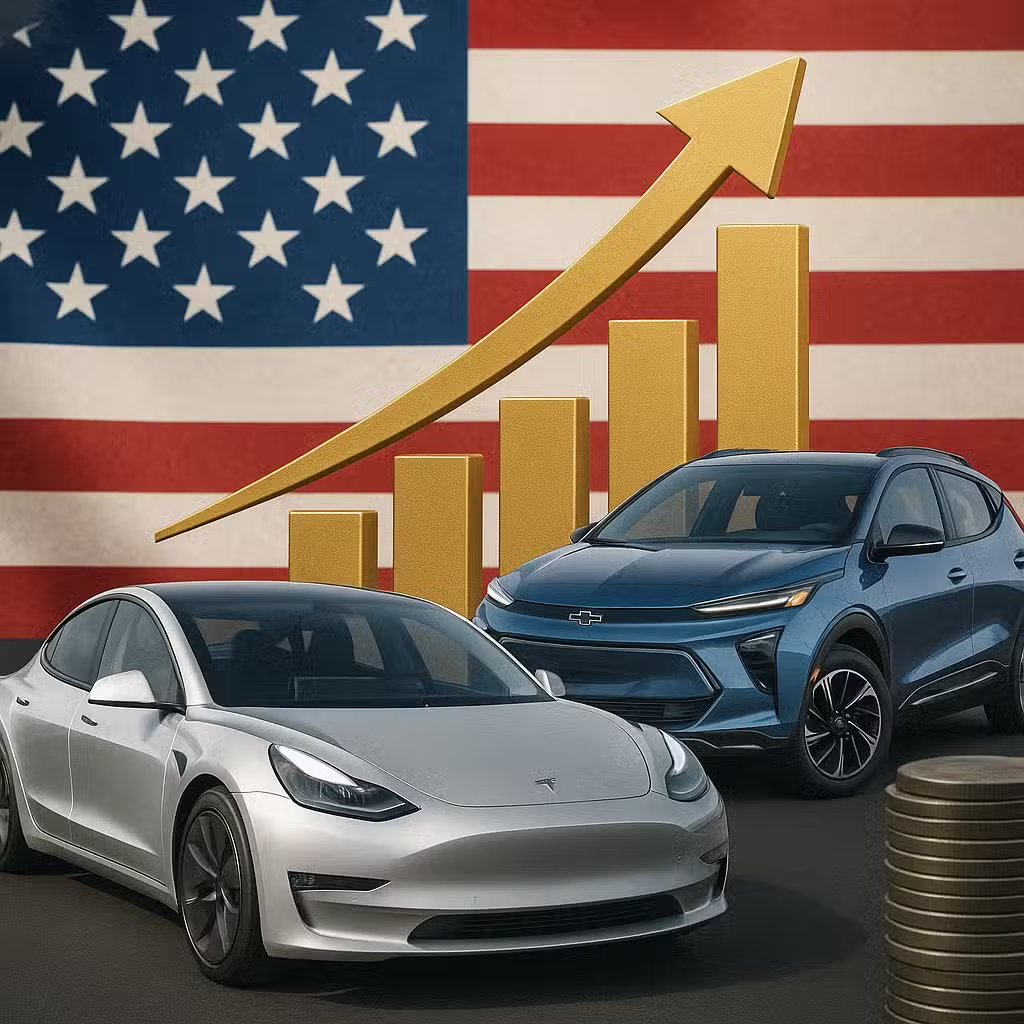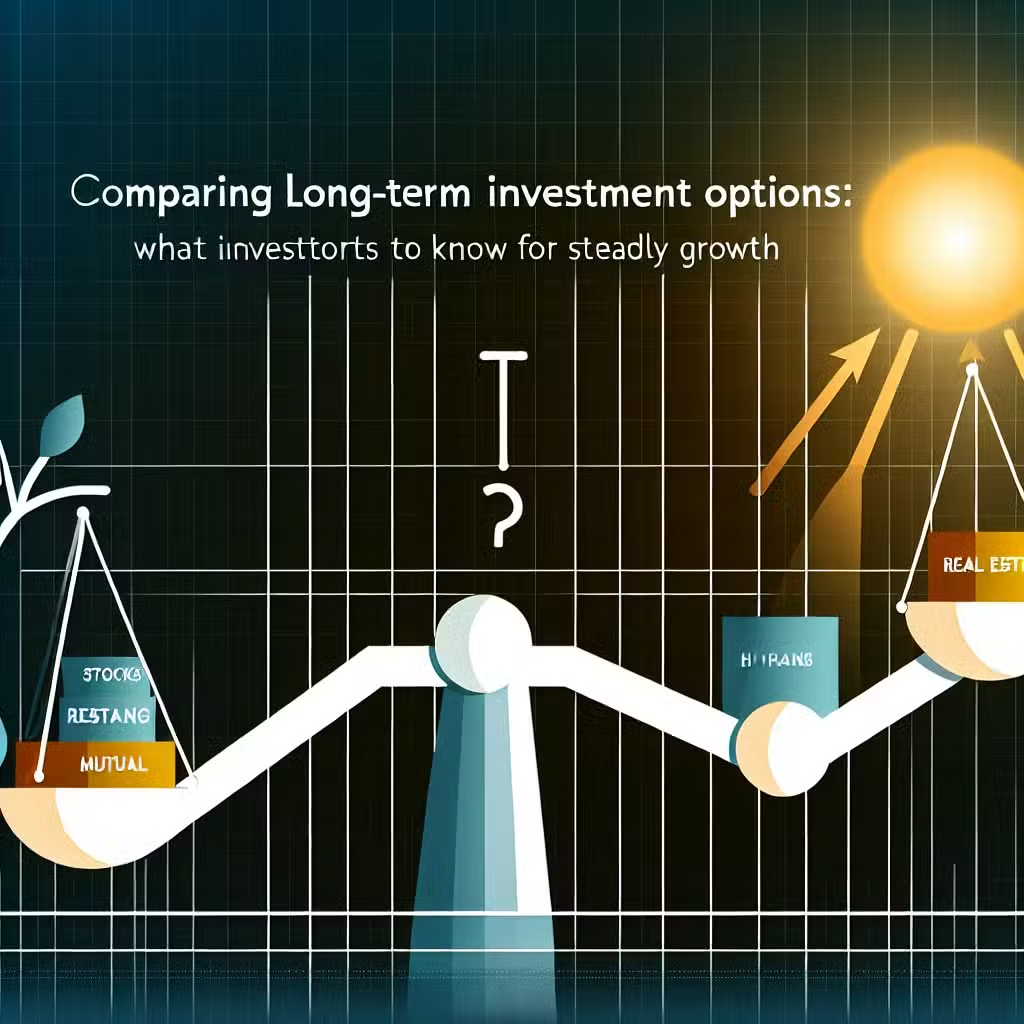Impactive Capital Highlights Growth Potential in Wastewater Firm Amid Industry Changes
Imagine building a house with pipes that not only last longer but also cost less and help the environment. That’s why what’s happening with Advanced Drainage Systems (WMS) matters—a bit like swapping out old, rusty plumbing for something new and better for everyone.
What Does Advanced Drainage Systems Do?
Advanced Drainage Systems makes products that help manage stormwater and wastewater. Their pipes and systems are used everywhere—from farms to city streets, and even under your backyard. They use a lot of recycled plastic to make their products, which helps the planet and lowers their costs.
The company splits its business into three main parts:
- Pipes: These are the big, tough plastic pipes that move water away from roads, buildings, and fields. This makes up more than half of their sales.
- Allied Products: These are extra tools and parts that work with their pipes, like storm chambers and fittings.
- Infiltrator: These are systems for cleaning up wastewater, like septic tanks, mostly for homes.
WMS is the leader in its market, and it uses about 46% recycled materials in its products, making it one of the largest recyclers in North America.
Who Is Impactive Capital?
Impactive Capital is a big investment group that tries to make companies better for the long run, especially by caring about the environment and strong business practices. They now own a little over 2% of WMS and believe they can help the company grow even more by making smart changes.
Why Is This Important for Investors?
Think of WMS as a company that keeps growing, even when times are tough. Since it first sold shares to the public, its earnings per share have gone up by almost 10 times! The company has also kept its profits high, with returns on invested money above 20% for years. It even gives back to investors by raising dividends and buying back its own stock when it makes sense.
But lately, the stock price hasn’t done as well as the overall market. Some investors worry that if people stop building new homes or offices, WMS will sell fewer pipes and products. Others worry that rising costs will squeeze the company’s profits.
Bull Case: Reasons to Be Positive
- Market Share Growth: Plastic pipes are taking over from concrete and steel. In 2010, plastic had only 20% of the market—now it’s over 40% because it’s cheaper and works better (Plastics News).
- Resilient Revenue: WMS sells a lot to people fixing up old homes, not just building new ones. That helps steady their business.
- Climate Change Tailwinds: With more big storms hitting the U.S., cities and towns have to spend more on better drainage systems—which means more business for WMS.
- Smart Cost Management: WMS can switch between recycled and new plastic, depending on oil prices, to keep costs down and profits up.
- Strong Margins: Profits from their higher-margin products are growing, and they’re better at handling tough times than competitors.
Bear Case: Reasons to Be Cautious
- Construction Slowdown: Construction spending is down 3% this year. If new building stays slow, WMS could feel some pain.
- Margin Compression: Some worry that profits could shrink if costs rise or if the demand for their products falls.
- Stock Underperformance: The stock hasn’t kept up with the Russell 2000 index in the last 1–3 years.
- Dependence on Oil Prices: Even with smart buying, WMS still relies on oil prices for its materials.
What’s Next?
Impactive Capital believes that the fears about WMS are overblown. They see the company returning to strong earnings growth in the next few years, with a possible 69% total return over three years if things go well. If the company really outperforms, the return could be even higher.
Historically, companies that lead in recycling and resilient infrastructure have outperformed the market during periods of environmental change and government investment (McKinsey study).
Investor Takeaway
- Watch for Resilient Growth: WMS is built to handle tough times and could bounce back stronger if construction recovers.
- Consider Environmental Leaders: Companies using recycled materials and helping with climate infrastructure may have long-term tailwinds.
- Balance Risks: Keep an eye on construction trends and oil prices, as these can impact WMS’s business.
- Diversify: Don’t bet everything on one sector—use WMS as part of a broader portfolio.
- Follow Activist Moves: Activist investors like Impactive often find hidden value, but change can take time.
For the full original report, see CNBC







